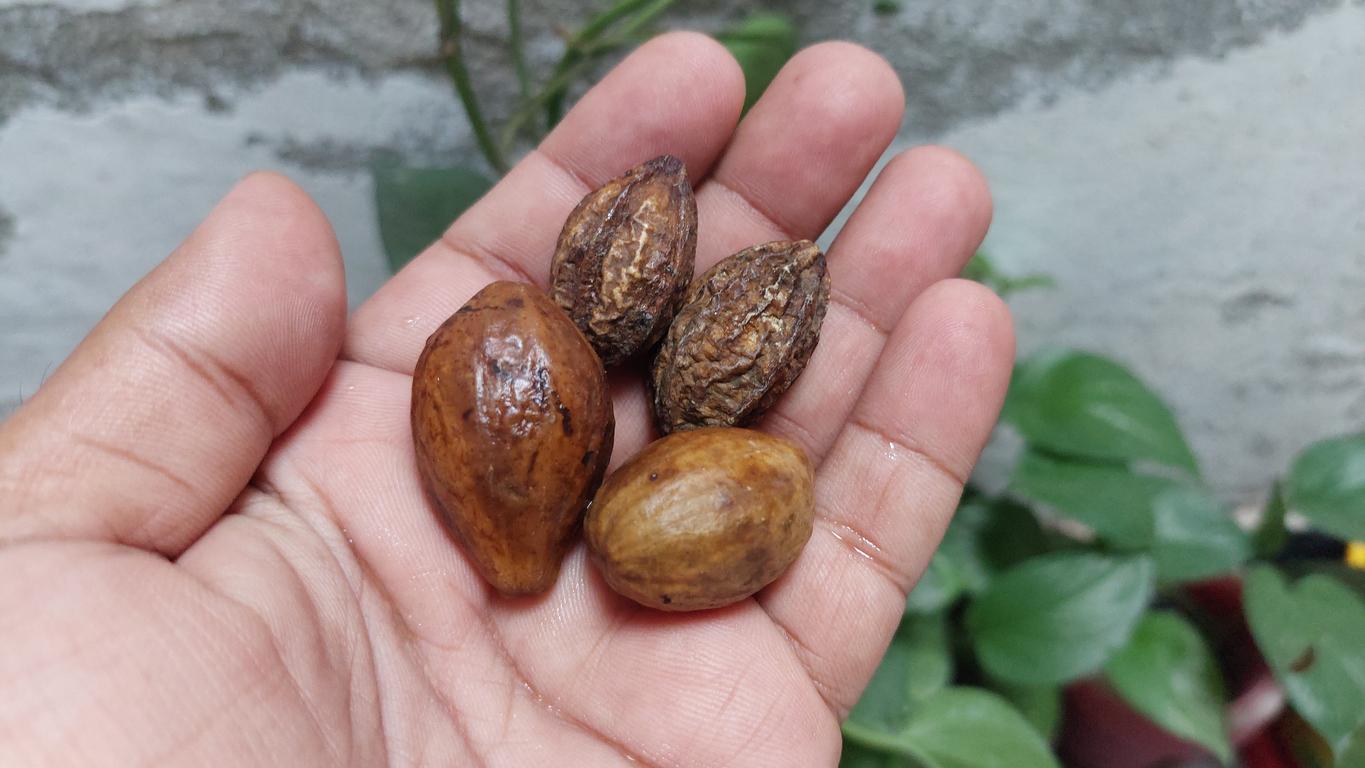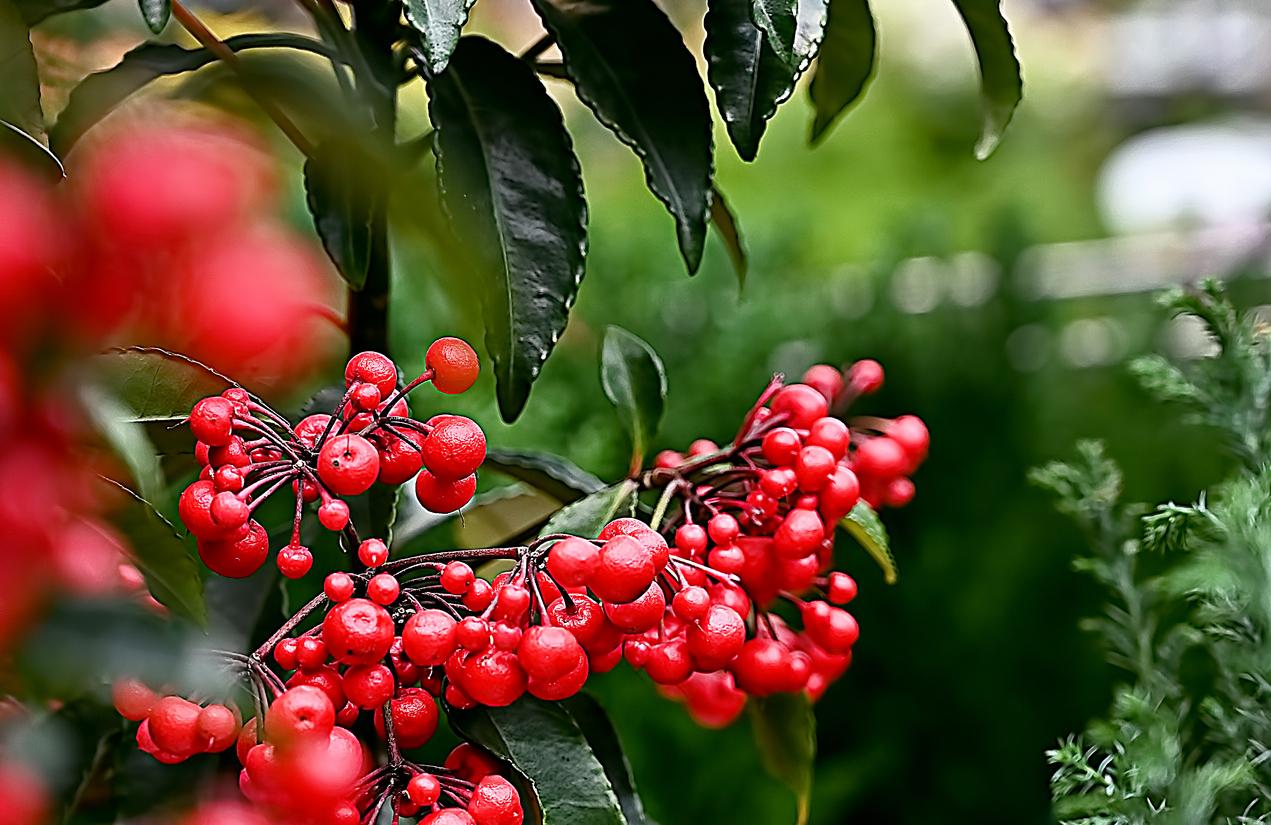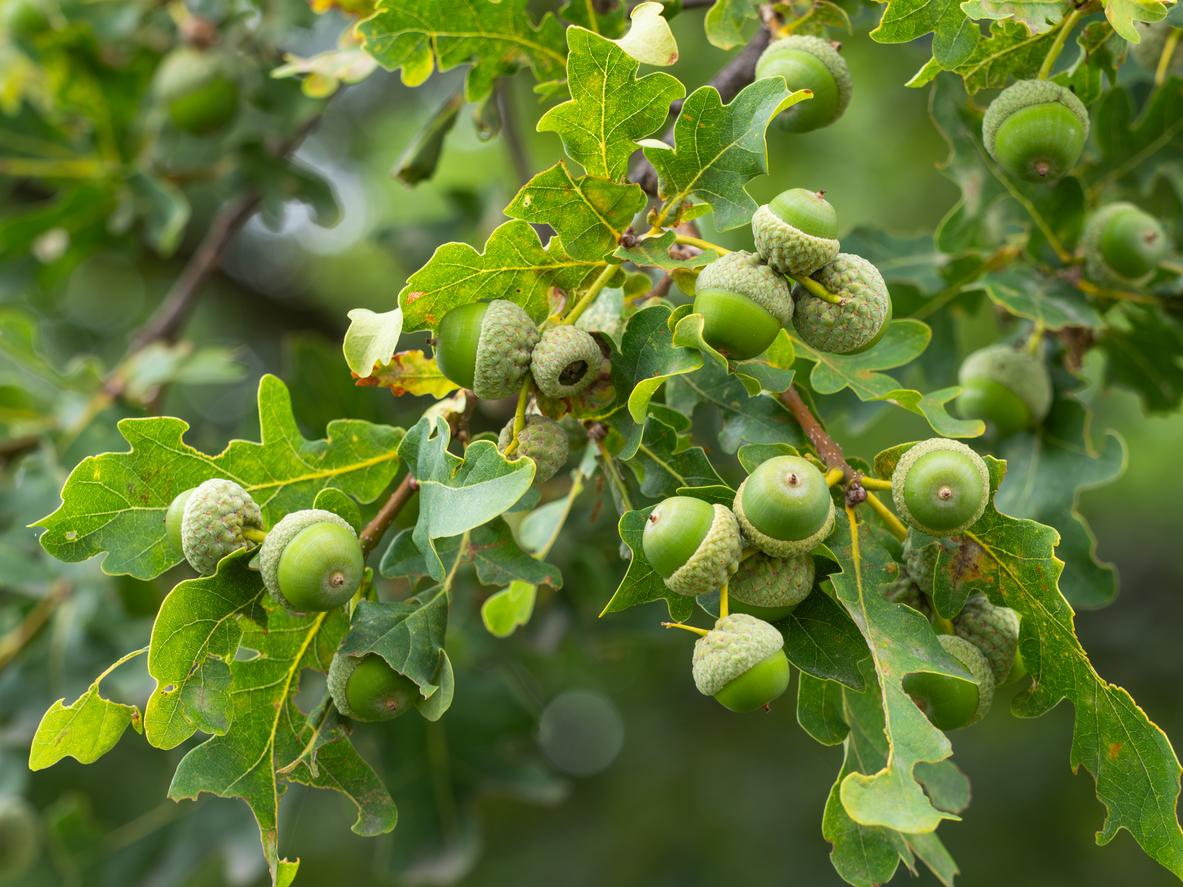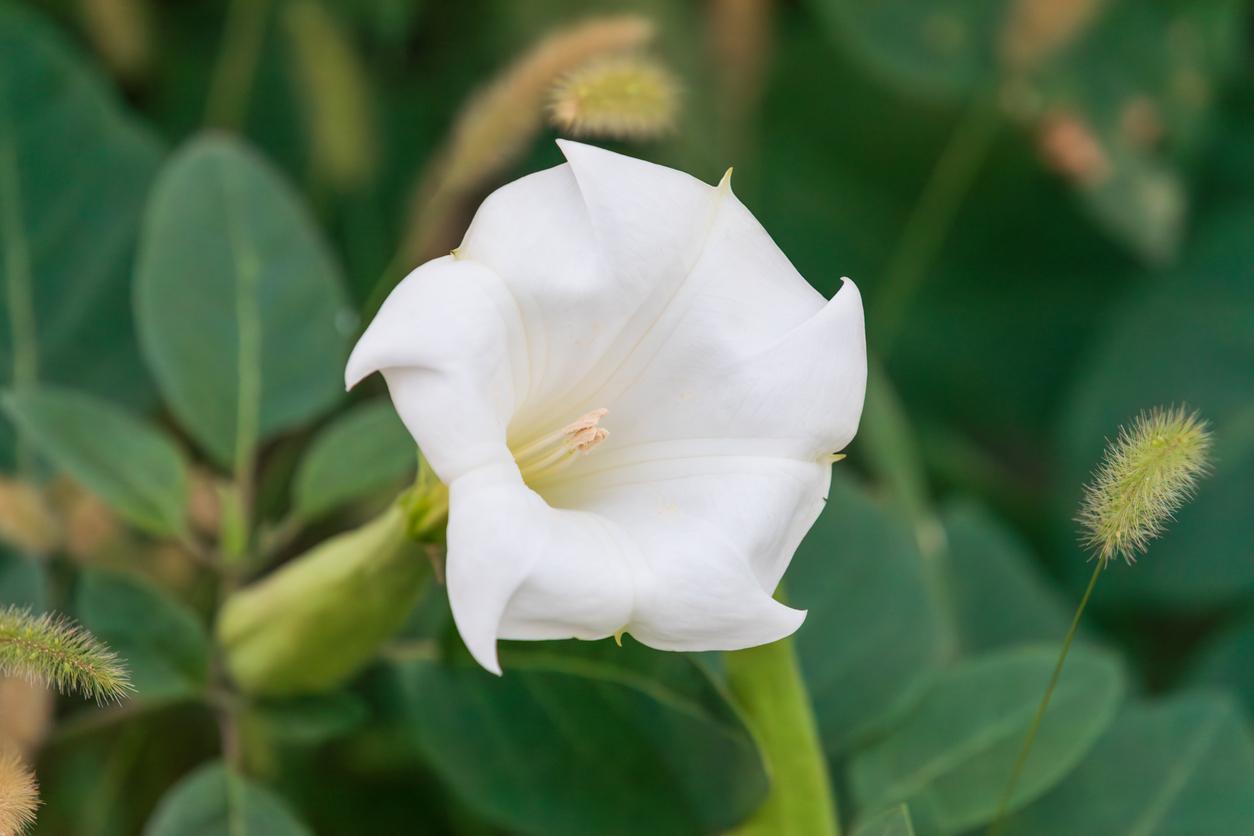Black elderberry is a berry from a shrub that grows in the woods of temperate forests. Fruits, flowers, bark … Everything is good in the elderberry! Indeed, all contain components with multiple benefits. Review of the main health benefits of elderberry, mainly known for its effects on respiratory infections.
Also read: Black elderberry herbal tea recipes for respiratory infections
How does he act?
In nature, the elderberry is easily recognized by its small black berries, full of purple juice. Its action is mainly due to the synergy of different flavonoids (antioxidants), pigments and essences that make it up.
“The peculiarity of this plant is to be able to multiply the evacuation routes of toxins from the body (skin, urine), while strengthening the immune barrier”, explains Franck Dubus, doctor of pharmacy and trainer in medicinal plants. . A double action which is also found locally at the level of the mucous membranes: it indeed calms the inflammations, while forming a membrane rampart. Let’s see when to use it best …
>> Also discover: our special phytotherapy file, to treat yourself with plants.
It relieves the airways
By making you sweat, elderberry facilitates the evacuation of toxins. As it also has diuretic properties, it quickly detoxifies the body and helps lower fever. Its flavonoids and aromatic compounds (including an oxide, a molecule similar to eucalyptol) also stimulate the immune system. Locally, the mucilage of its flowers is very emollient (soothing). Coupled with its flavonoids (anti-inflammatory), they together de-clutter the respiratory tract and sinuses, without irritating the mucous membranes.
To take in prevention from the first colds, as an infusion, at a rate of one tablespoon per 250 ml, two to three times a week.
>> To discover also: All the natural solutions to prevent winter viruses
It calms skin irritations
“Thanks to its sweat and diuretic properties, elderberry helps to unclog the pores of the skin”, explains Franck Dubus. The mucilages of its flowers also help to soften superficial irritations.
“It is applied in the form of compresses soaked in its infusion or its floral water, continues our expert, and is used to help the maturation of abscesses and paronychia, against itching of the scalp or to soothe irritation of the skin. eyes. “
>> To read also: 5 plants for young and beautiful skin
It soothes gingivitis and stomatitis
Elderberry, taken as gargles, gives interesting results on inflamed mucous membranes during gingivitis. “Its flavonoids promote healing, explains Franck Dubus, and its tannins combine with proteins to strengthen the membrane barrier. ” Gargles are made with an infusion, at the rate of one tablespoon per 150 ml.
Also discover: Gingivitis: 3 gentle methods to treat it
Elderberry: it relieves rheumatism and nerve pain
Elderberries contain anthocyanins, pigments that give them their purple color. These molecules have an effective anti-inflammatory action on polyarthritis and gout. The strong diuretic power of elderberry also allows the elimination of waste that lodges in the joints.
It also alleviates nerve pain: elderberry has an analgesic action on sciatica and trigeminal neuralgia. If no active principle has been able to explain this property, it has been verified by years of traditional use (in the form of homeopathic mother tincture of the plant), especially in the Nordic countries and in Spain. However, self-medication should be avoided. It is therefore necessary to seek advice from a homeopath.
In what form to buy it?
In infusion, dry plant extract, in fluid extract, in homeopathic mother tincture of the whole plant, in the form of floral water. Note: the essential oil of elderberry does not exist.
>> To read also: Homeopathy against winter ailments
Elderberry: what are the contraindications?
Elderberry is not recommended for pregnant women and to young children in the form of mother tincture and fruit extracts, on pain of digestive discomfort.
As a precaution, avoid eating the berries raw, as they contain cyanide derivatives which can be toxic in high doses. However, the latter disappear during cooking.
Elderberry syrup to make yourself
Squeeze 100 g of elderberries in a juicer to extract the juice.
Add 200 g of acacia honey and cook until the mixture has the consistency of a thick syrup, also called “rob”.
Pour the hot preparation into small bottles. It can be kept in the refrigerator after opening and is consumed within a month.
To be taken in addition to the elderflower infusion (1 teaspoon per cup), on sale in organic stores. The flavonoids in berries are different from those in flowers, which enhances their effect. Elderberry activates perspiration and helps lower fever in case of flu. Be careful, it is also a laxative: beware of overdose!
* Recipe based on The Book of Trees, Shrubs and Shrubs, by Pierre Lieutaghi, Acte Sud editions.


















